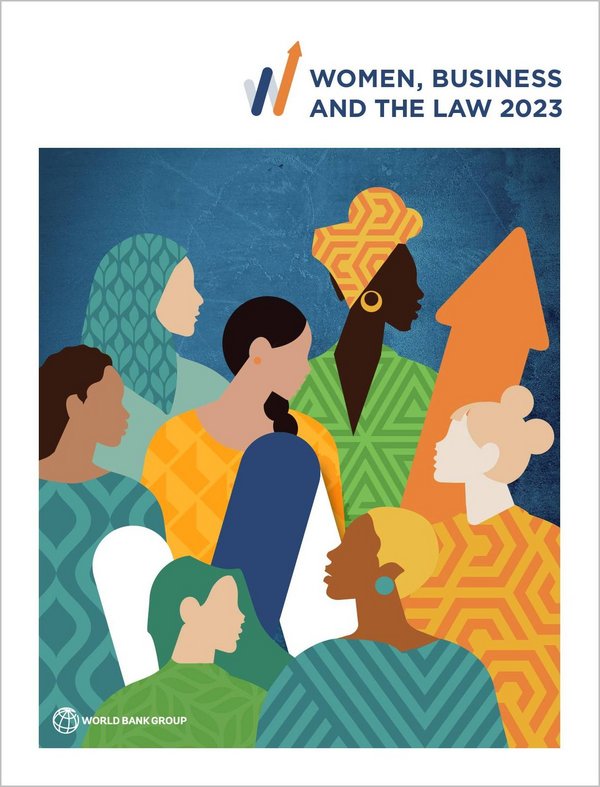 Read this article in French
Read this article in French- Share this article
- Subscribe to our newsletter
Women, Business and the Law
Nearly 2.4 billion women of working age around the world still do not have the same rights as men. This is the finding of a new report entitled Women, Business and the Law published by the World Bank in late February 2023. Closing the gender employment gap could raise long-term GDP per capita by nearly 20 per cent on average across countries. Studies estimate that there would be global economic gains of USD 5-6 trillion if women started and grew new businesses at the same rate as men.
In 2022, the global average score on the World Bank’s Women, Business and the Law index rose just half a point to 77.1. This means that women, on average, enjoy just three quarters of the legal rights that men have. At the current pace of reform, in many countries a woman entering the workforce today will retire before she gains the same rights as men, the report notes.
Women, Business and the Law 2023 assesses 190 countries’ laws and regulations in eight areas related to women’s economic participation – mobility, workplace, pay, marriage, parenthood, entrepreneurship, assets and pensions. The data, which were current as of 1 October 2022, offer objective and measurable benchmarks for global progress toward gender equality in law. Today, just 14 countries – all high-income economies – have laws that give women the same rights as men.
In 2022, only 34 gender-related legal reforms were recorded across 18 countries – the lowest number since 2001. Most reforms focused on increasing paid leave for parents and fathers, removing restrictions to women’s work, and mandating equal pay. It will take another 1,549 reforms to reach substantive legal gender equality everywhere in the areas measured by the report. At the current pace, the report notes, it would take at least 50 years on average to reach that target.
Equality of economic opportunity for women is currently highest in OECD high-income economies, but important reforms have continued in developing economies. Sub-Saharan Africa made significant progress last year. The region accounted for over half of all reforms worldwide in 2022, with seven economies – Benin, the Republic of Congo, Côte d’Ivoire, Gabon, Malawi, Senegal and Uganda – enacting 18 positive legal changes.
(World Bank/ile)
Read more on the World Bank website





Add a comment
Be the First to Comment